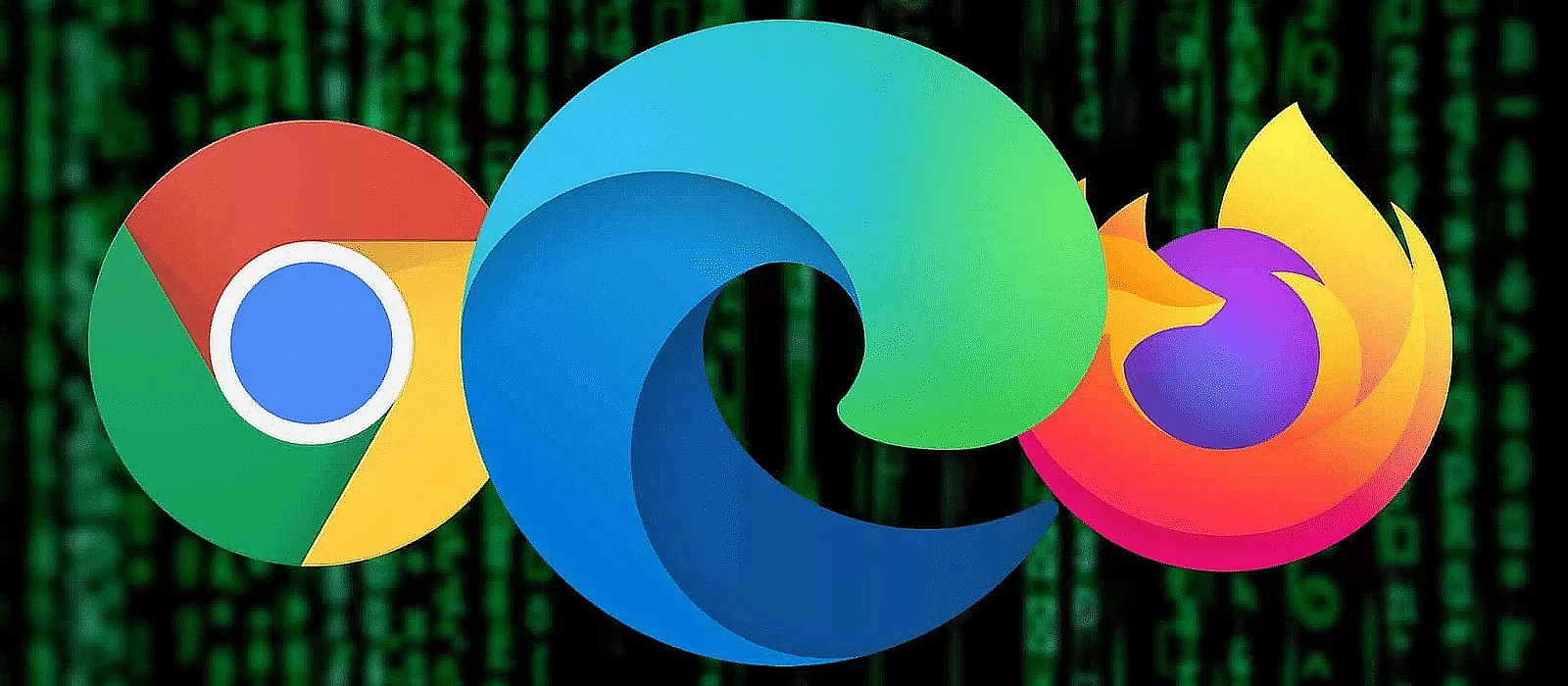Chromium-Based Browsers Disable uBlock Origin, but Firefox Promises Continued Support

As Chromium-based giants declare war on ad blockers, Mozilla is solidifying its position as a defender of digital freedoms. Following Google Chrome's widespread disabling of the legendary uBlock Origin, Microsoft Edge has joined the restrictions.
The conflict stems from the transition to the updated Manifest V3 platform, which Google promotes as a step toward better security and performance. However, the new architecture strips extensions of key functionalities, such as ad blocking via the WebRequest API. This change has rendered tools like uBlock Origin, which rely on preloading content analysis, ineffective.
In Microsoft Edge, the process of disabling “outdated” extensions began unexpectedly: users of Canary builds received notifications about the end of support for uBlock Origin, although it is still functional in the stable version. Experts speculate that Edge is synchronizing its actions with Chrome, which plans to fully phase out Manifest V2 by June 2024.
Unlike its competitors, Firefox is not only maintaining compatibility with Manifest V2 but also publicly reaffirming its commitment to an open internet. The company’s blog emphasizes that support for blocking APIs will continue “as long as necessary to protect user privacy.” Following the announcement of Firefox's stance, downloads of the browser surged by 15%, according to SimilarWeb data.
For those unwilling to accept the limitations, developers are offering a lightweight version, uBlock Origin Lite, which is compatible with Manifest V3. However, its functionality is limited—manual element blocking, for instance, is no longer available. Other alternatives include AdGuard, which can filter ads even in native applications. Although Mozilla has yet to specify an end date for Manifest V2 support, experts caution that pressure from the advertising industry could change the situation.
-
Google Has Launched a «Silent War» on Ad Blockers: Popular Ad Blocking Tools Are Failing
-
Enhanced Protection 2.0: Google Chrome Introduces AI-Powered Defense Against Unknown Threats
-
Google Chrome Goes on Autopilot: Browser Now Automatically Replaces Compromised Passwords
-
Introducing Opera Air: A New Browser Designed to Combat Digital Overload
-
Opera GX gaming browser gets a sleek redesign and various enhancements

